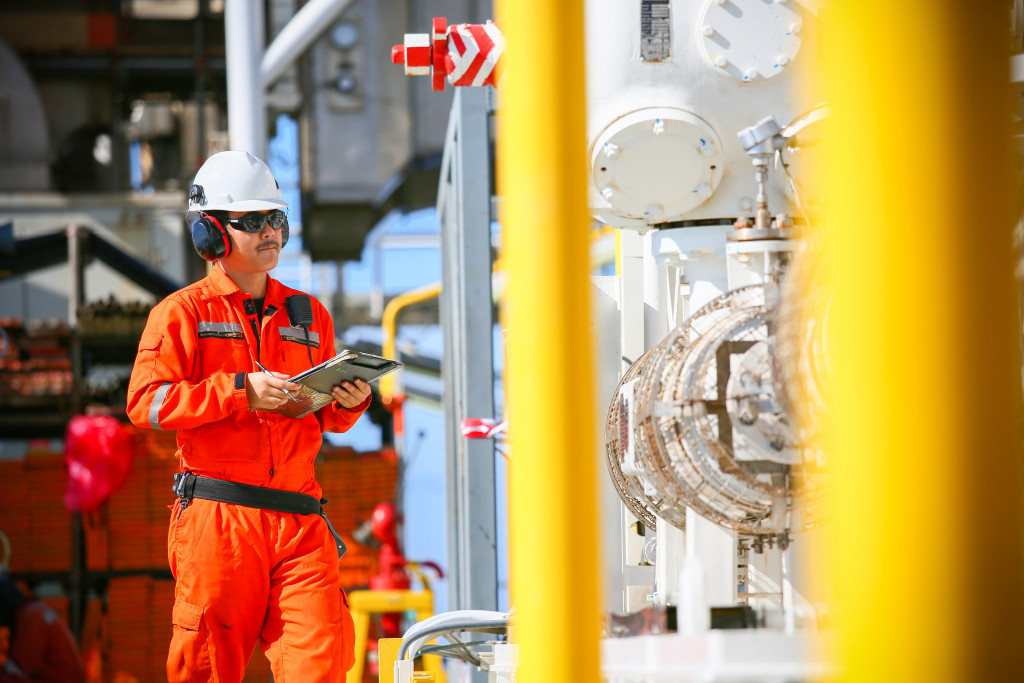Maintaining a safe and efficient industrial plant is no easy task. It requires hard work and careful planning, so having a solid maintenance strategy is essential. There are many factors to consider when developing a maintenance strategy, but there are five industry best practices that are particularly important to keep in mind:
1. Establish a Regular Maintenance Schedule
When it comes to maintaining an industrial plant, one of the best things you can do is establish a regular maintenance schedule. This schedule should be designed to keep your equipment running smoothly and prevent downtime, which can be costly for your business.
Many plants operate on a 24/7 basis, which makes it challenging to find time to shut down for maintenance. However, it is crucial to make time for this vital task since it can save you money in the long run. You may want to consider shutting down for maintenance quarterly or during slow periods.
You can also schedule maintenance during the overnight shifts if your plant is operational around the clock. Having a regular maintenance schedule ensures that your equipment is always in top condition and less likely to experience problems.
2. Have a Well-Defined Scope of Work
It is essential to have a well-defined scope of work to carry out adequate maintenance. This means that you should know exactly what needs to be done to maintain your equipment properly. You may want to create a checklist of all the tasks that need to be completed during each maintenance session.
This will help you stay organized and ensure that nothing is forgotten. In addition, you should review your scope of work regularly to ensure that it is still relevant. As your equipment changes or new technologies are introduced, your scope of work will need to be updated accordingly.
Suppose you manufacture chemicals. In that case, you must make sure that all your equipment is designed to safely handle the chemicals you use, from the storage tanks to the pipes and valves. You should also consider using urethane cement coatings for your floors to protect them from corrosive materials. If any of this is not designed correctly, it could pose a serious safety hazard.
3. Utilize Proper Tools and Equipment
Another best practice for industrial plant maintenance is to utilize proper tools and equipment. This includes having the correct type of equipment for the job and making sure that it is well-maintained to minimize the risk of accidents.
For example, if you are using power tools, they should be regularly serviced to ensure safe use. In addition, you should have the proper safety gear for your employees. This will help protect them from injuries while working on maintenance tasks.
By investing in the right tools and equipment, you can save yourself a lot of resources in the long run. This is especially true if you purchase quality products built to last since you won’t have to keep replacing or repairing them as often.
4. Train Employees Properly
It is also essential to train your employees properly to carry out effective maintenance. They should be familiar with all the equipment in your plant and how it works. In addition, they should know how to safely use any tools or equipment that they will be using because improper use can lead to accidents.
You may want to consider having a specific training program for your maintenance staff. This will ensure that they are adequately prepared to carry out their tasks. Furthermore, you should provide them with regular refresher courses so that they can stay up-to-date on the latest changes in your equipment or procedures.
After all, improper training, mishandling of equipment, and chemical exposures are among the leading causes of accidents in industrial plants. By ensuring that your employees are adequately trained, you can help prevent these accidents from occurring.
5. Conduct Pre-Operation Inspections
Finally, another best practice for industrial plant maintenance is to conduct pre-operation inspections. This means that you should inspect your equipment before it is used, which will help identify any potential problems that could cause costly downtime.
You should also have a procedure in place to deal with any problems found. This may include having spare parts on hand or having a contractor on call to make repairs. By conducting pre-operation inspections, you can avoid potential problems and keep your plant running smoothly.
You can ensure that your industrial plant is adequately maintained by following these best practices. This will help to prevent downtime and keep your equipment in top condition. In addition, it will create a safer environment for your employees. So, keep these tips in mind when developing your maintenance strategy!

